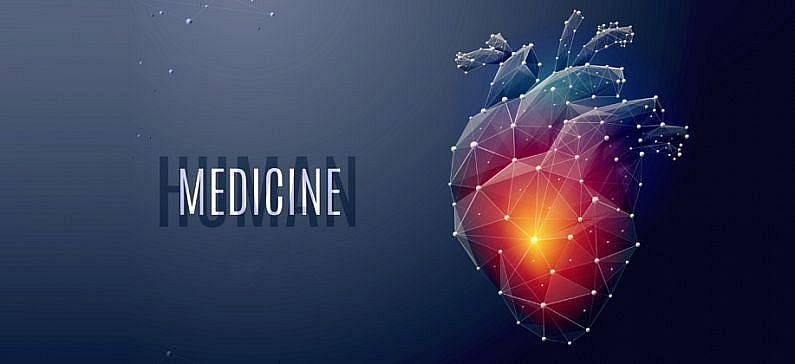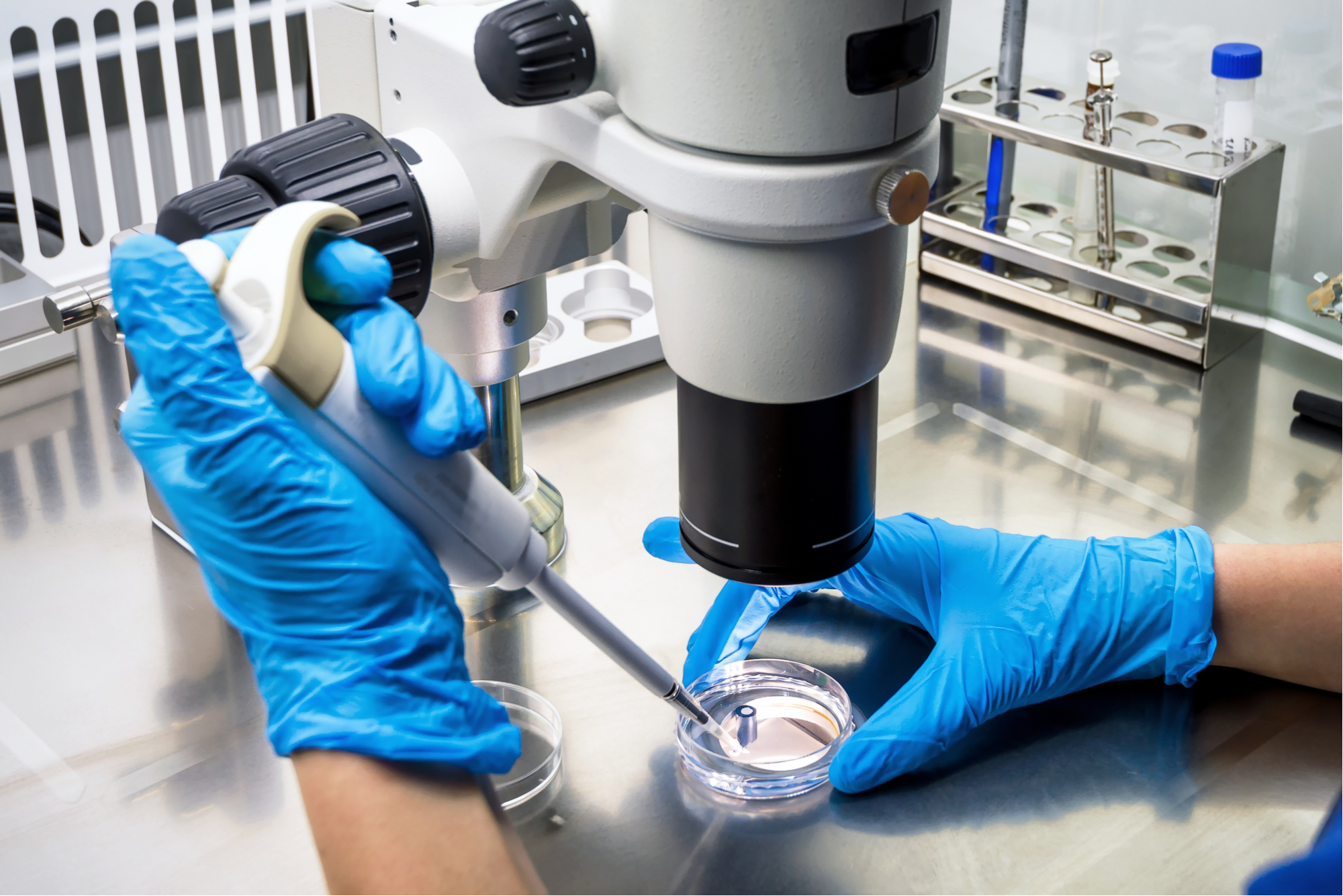
Created a test which traces heart attack danger
Two Greek scientists are among those who developed a cheap “one-off” genetic test in Britain that can identify people most at risk of a heart attack in the future due to genetic predisposition to heart disease. They will be warned in time to change their lifestyle to reduce cardiovascular risk.
Two Greek scientists, Professor Cardiovascular Genomics Panos Deloukas (William Harvey Research Institute of Queen Mary University, London), and Assistant Professor Ioanna Tzoulaki (Department of Epidemiology & Biostatistics, Imperial College of London and Department of Medical University of Ioannina) participated in the research group.
The Genomic Risk Score (GRS) costs around 45 euros, so it will be accessible for its widespread use by the population. It will help to detect people who, although not having the usual cardiovascular risk factors (eg high cholesterol and blood pressure), are at increased risk of a heart attack.

Since a person’s DNA does not change over time, the test could be done at any age, even in childhood, which is very useful, as coronary heart disease often begins many years before the first symptoms occur. GRS looks for specific combinations of dangerous genes rather than an individual gene. It can be done by a blood or saliva sample.
The researchers, who published the journal in the American College of Cardiology, according to the BBC and the Guardian, analyzed the genome of about 480,000 people aged 40 to 69, including 22,000 diagnosed coronary heart disease.
As chief investigator Dr. Michael Ingee of Cambridge University said, coronary heart disease is about half attributable to genetic causes and the rest half to environmental causes and lifestyle. However, he stated, “until now, the genetic component in our assessment of risk is escaping, we are essentially in the dark about the genetic half.”

The new study shows that it is ultimately possible to have a diagnostic tool based on the genetic background. It was found that GRS participants had scores of up to 20% of the scale who were at least four times more likely to develop coronary artery disease than those whose genetic score ranked them at the lowest 20% of the scoring scale.
The researchers, however, said that “a lot of work still needs to be done” until the test is clinically exploited, as more studies and improved accuracy will be needed.












